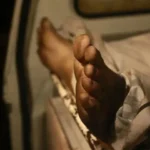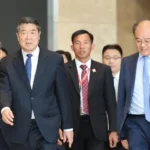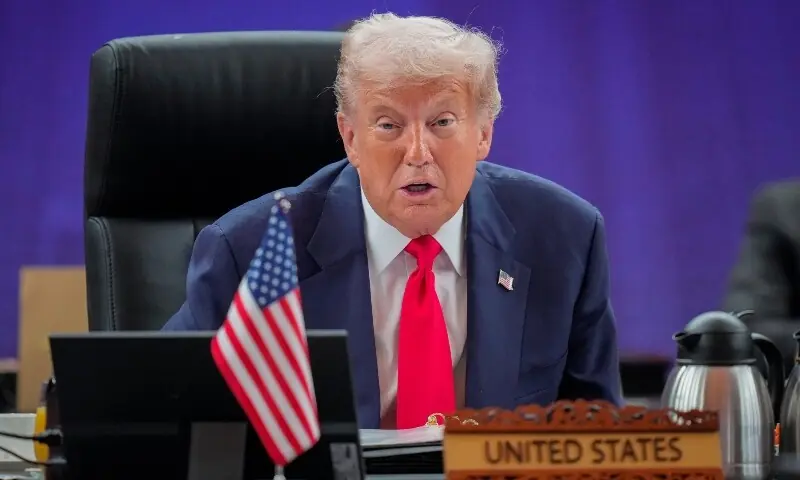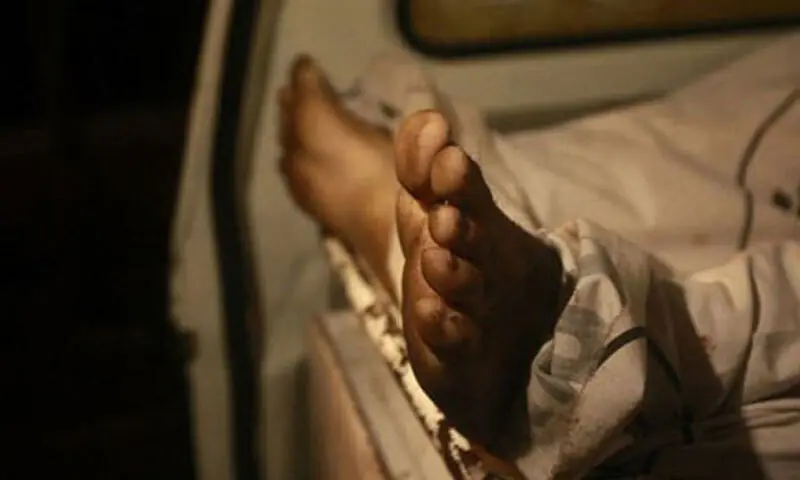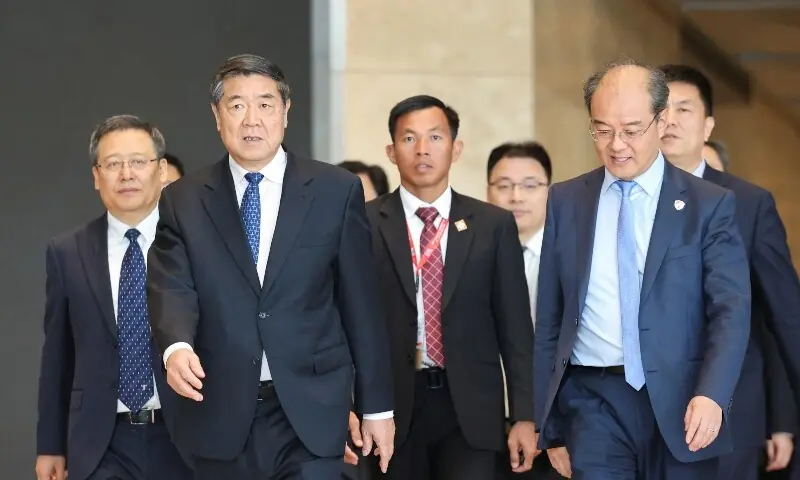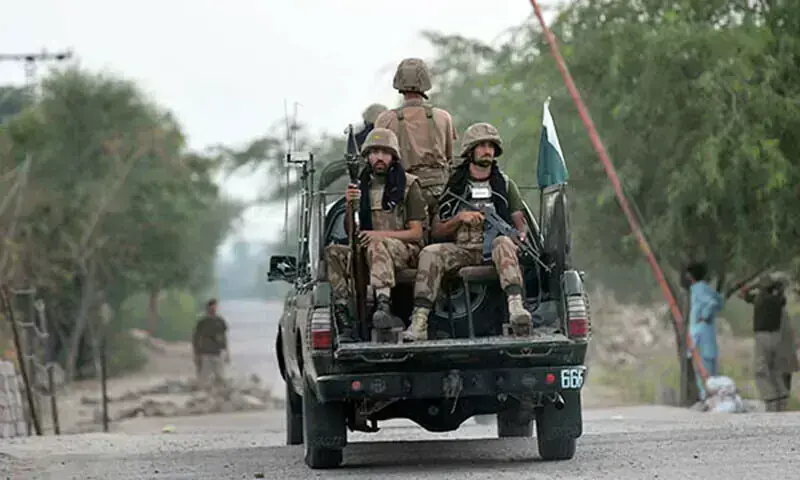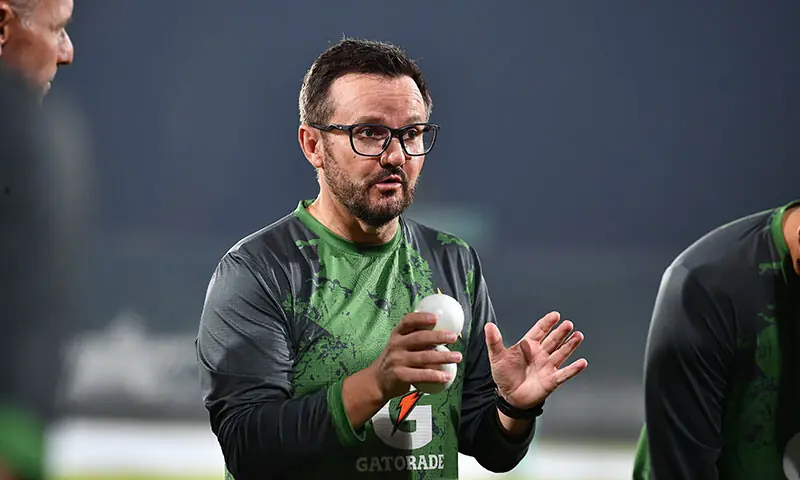US President Donald Trump began the first leg of his Asian tour on Sunday, announcing a series of trade agreements in Malaysia.
Within six hours of landing in Kuala Lumpur for the Association of Southeast Asian Nations summit, Trump announced trade deals with four countries, met with regional leaders and held talks with Brazilian President Luiz Inácio Lula da Silva, who said his teams would immediately begin discussions on tariffs.
Trump also said he was confident of reaching a deal with Chinese President Xi Jinping ahead of a meeting scheduled for Thursday, when top trade officials from both sides met for a second day in Kuala Lumpur and agreed on a framework for a trade deal.
Talks to de-escalate trade war
Upon arriving in Malaysia, Trump was greeted by the Prime Minister of Malaysia and a group of ceremonial dancers, stopping briefly on the red carpet to dance with the performers.
See this post on Instagram
As he mingled with other leaders, American and Chinese negotiators met on the sidelines to avoid further escalations in a trade war between the world’s two largest economies.
US negotiators said the meeting had built a “successful framework” ahead of expected talks between Trump and his Chinese counterpart Xi in South Korea.
“I think we’re going to make a deal with China,” Trump told reporters, while Beijing’s top trade negotiator, Li Chenggang, said a preliminary consensus had been reached after “very intense consultations.”
Both sides are seeking to avoid an escalation of their trade war after Trump threatened new 100 percent tariffs on Chinese goods and other trade restrictions starting Nov. 1, in retaliation for China’s expanded controls on rare earth exports.
Within hours of landing in Malaysia, Trump and the White House had announced six trade deals with four countries, some unexpected, including deals involving critical minerals with Thailand and Malaysia, amid Beijing’s competitive efforts in the fast-growing sector.
Malaysia agreed to refrain from banning or imposing quotas on exports to the United States of critical minerals or rare earth elements, the countries said. They did not specify whether Malaysia’s commitment applied to raw or processed rare earths.
Trump also announced detailed frameworks for broader trade deals with Cambodia and Thailand, while the White House said a deal had been reached with Vietnam to allow exporters from both countries “unprecedented” access to each other’s markets.
‘The United States is with you 100%’
The United States would maintain a 19 percent tariff rate on most exports from Malaysia, Thailand and Cambodia, while a 20 percent rate on Vietnam would also remain in place, the White House said. In all agreements, those tariffs could be eliminated on certain products.
Addressing leaders in one of the regions hardest hit by the tariffs, Trump said: “Our message to the nations of Southeast Asia is that the United States is with you 100 percent and we intend to be a strong partner for many generations.”
Brazil’s Lula will try to reduce by 50% the tariffs imposed by Washington on Brazilian products amid latent trade tensions. In a post on
Speaking alongside Lula, Trump expressed confidence in reaching “some pretty good deals for both countries.”
A meeting with Canadian Prime Minister Mark Carney was not planned after talks between the neighbors ended abruptly. Trump said Saturday he was raising tariffs on Canada by an additional 10 percent “above what they’re paying now.”
East Timor, the new member of ASEAN
Asia’s youngest nation, East Timor, became the ASEAN bloc’s 11th member on Sunday after a 14-year wait, a milestone for a former Portuguese colony that gained full independence in 2002 after a sometimes bloody quarter-century occupation by neighboring Indonesia.
Also known as Timor-Leste, the country of 1.4 million people is among the poorest in Asia and hopes to see gains from integrating its nascent economy, which at about $2 billion represents only a small fraction of ASEAN’s collective $3.8 trillion GDP.
“This is not only a dream come true, but a powerful affirmation of our journey,” said Prime Minister Xanana Gusmao.

